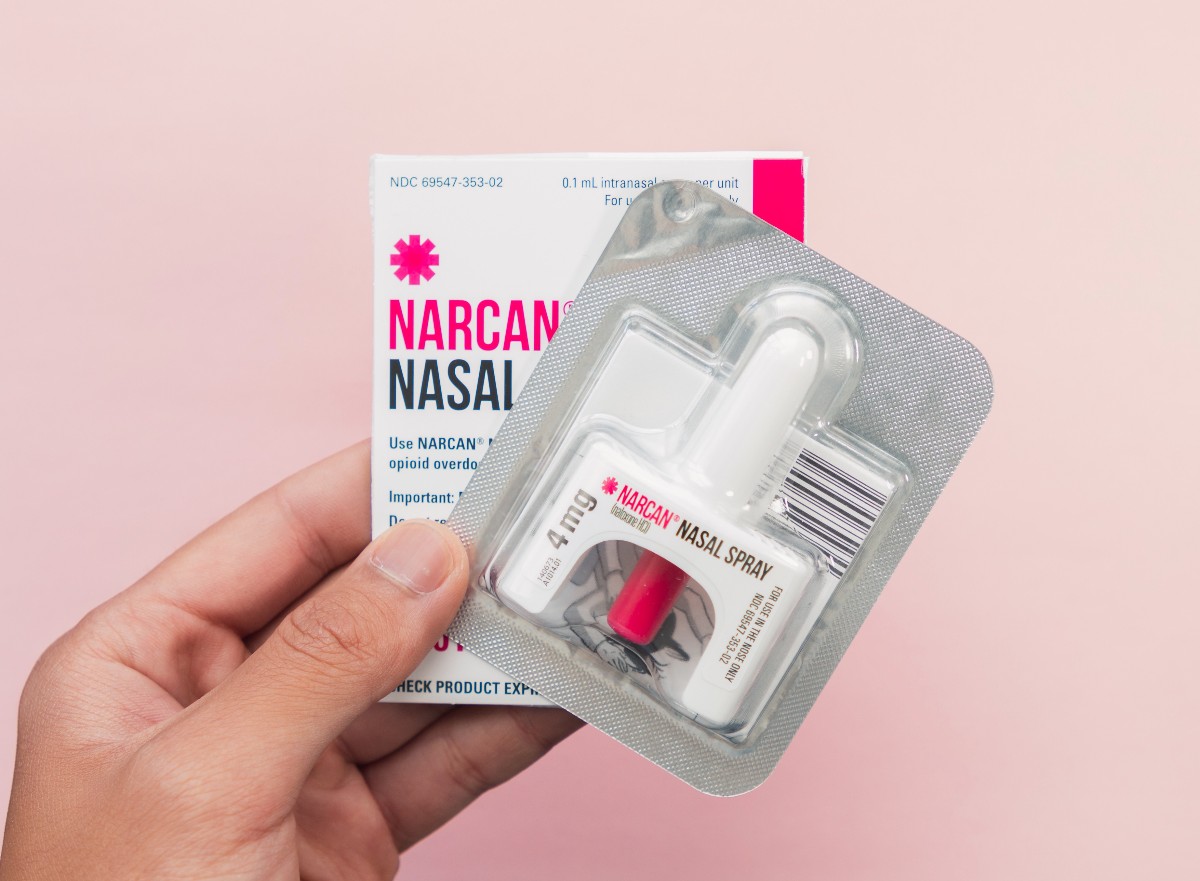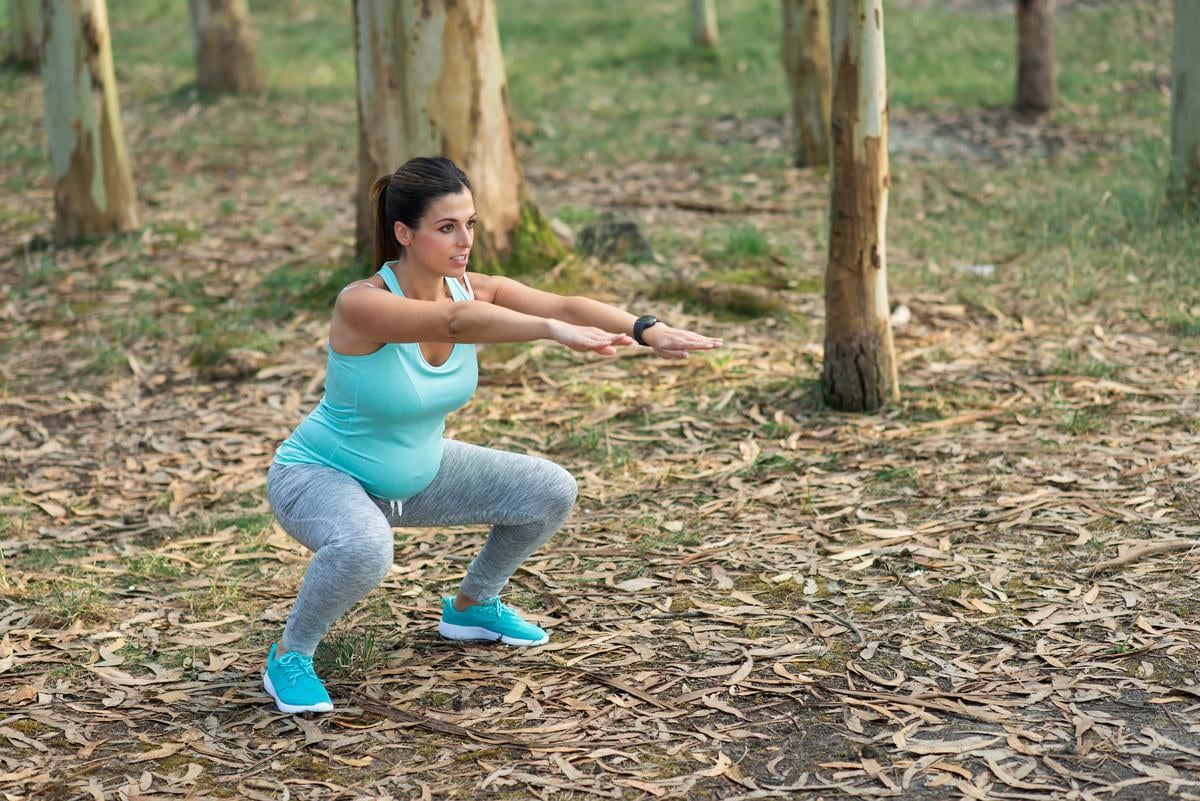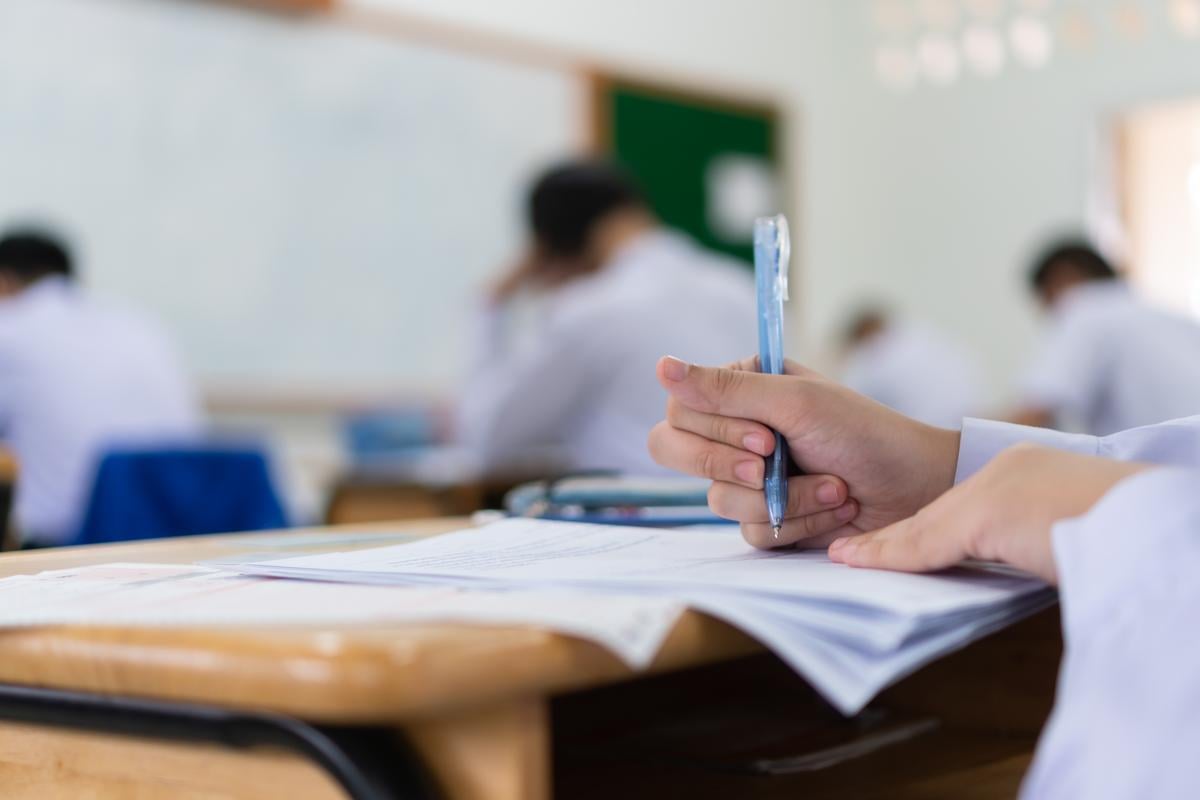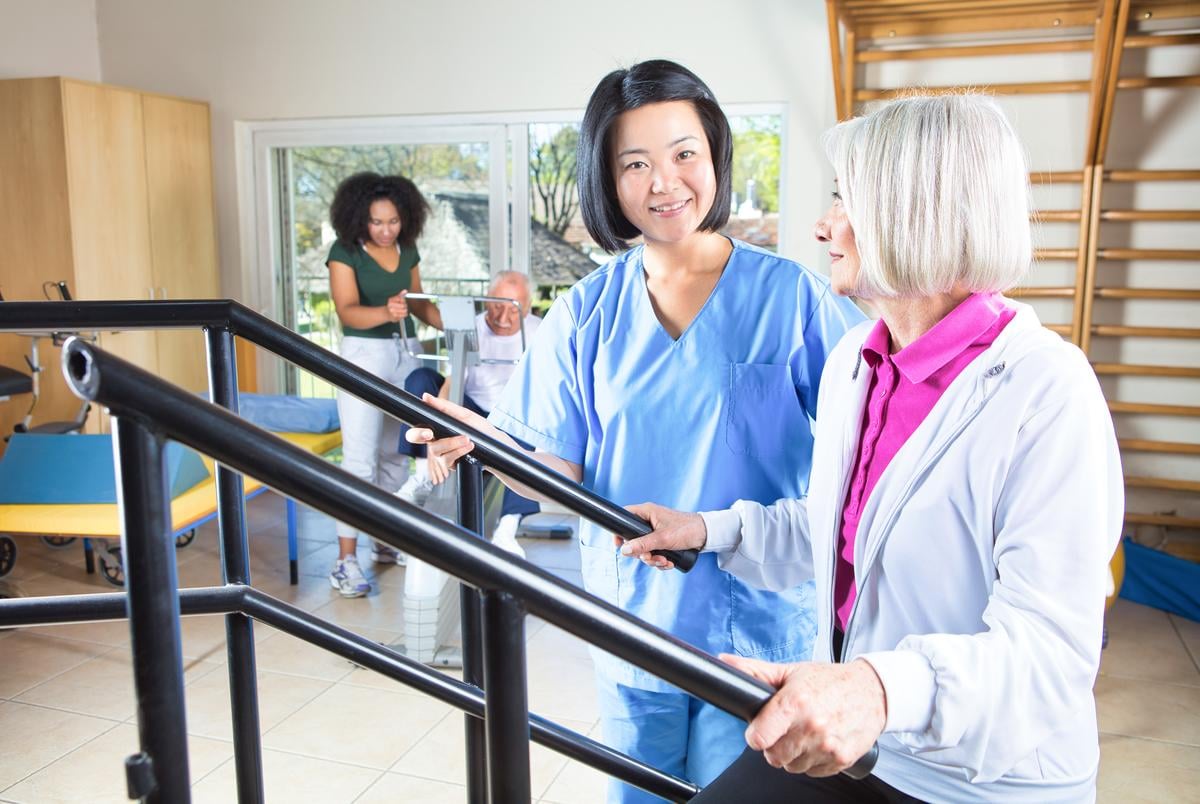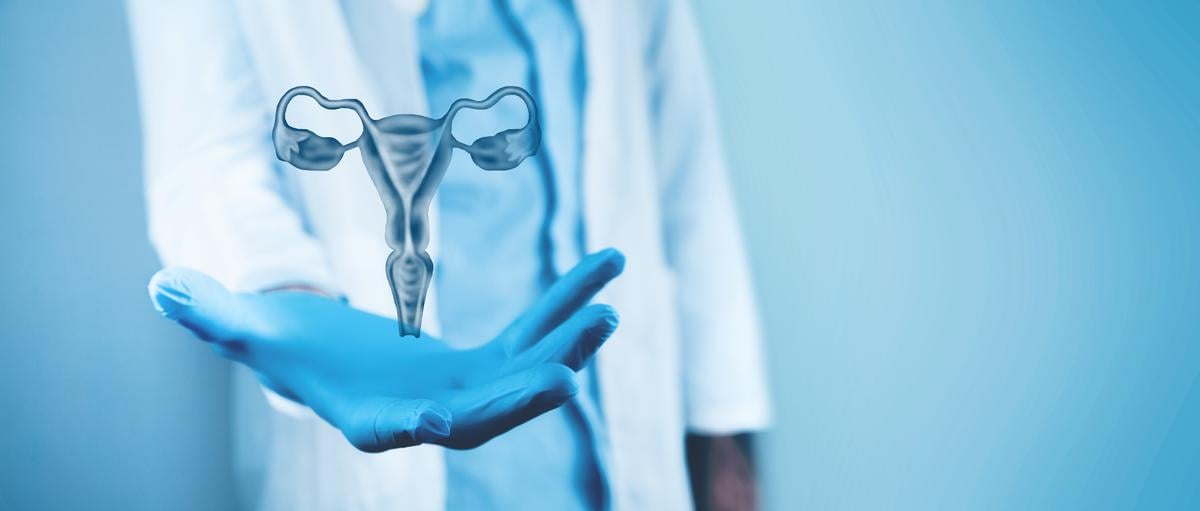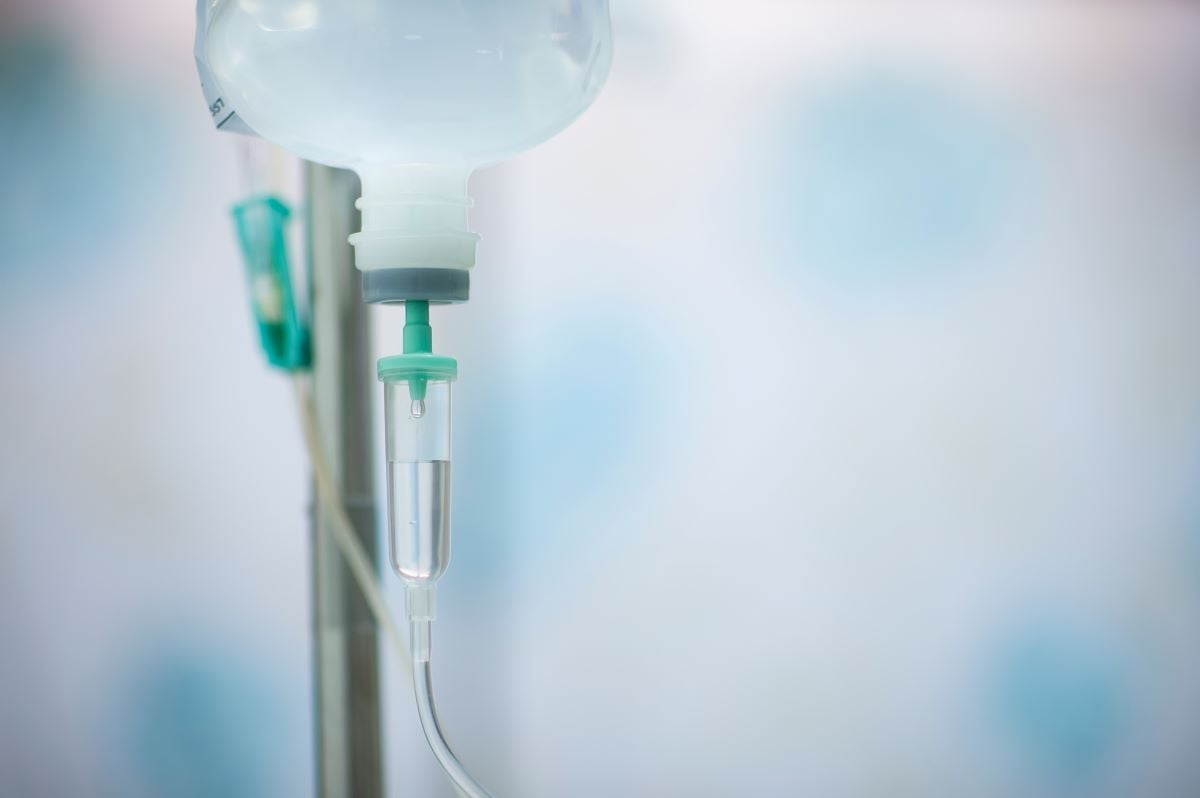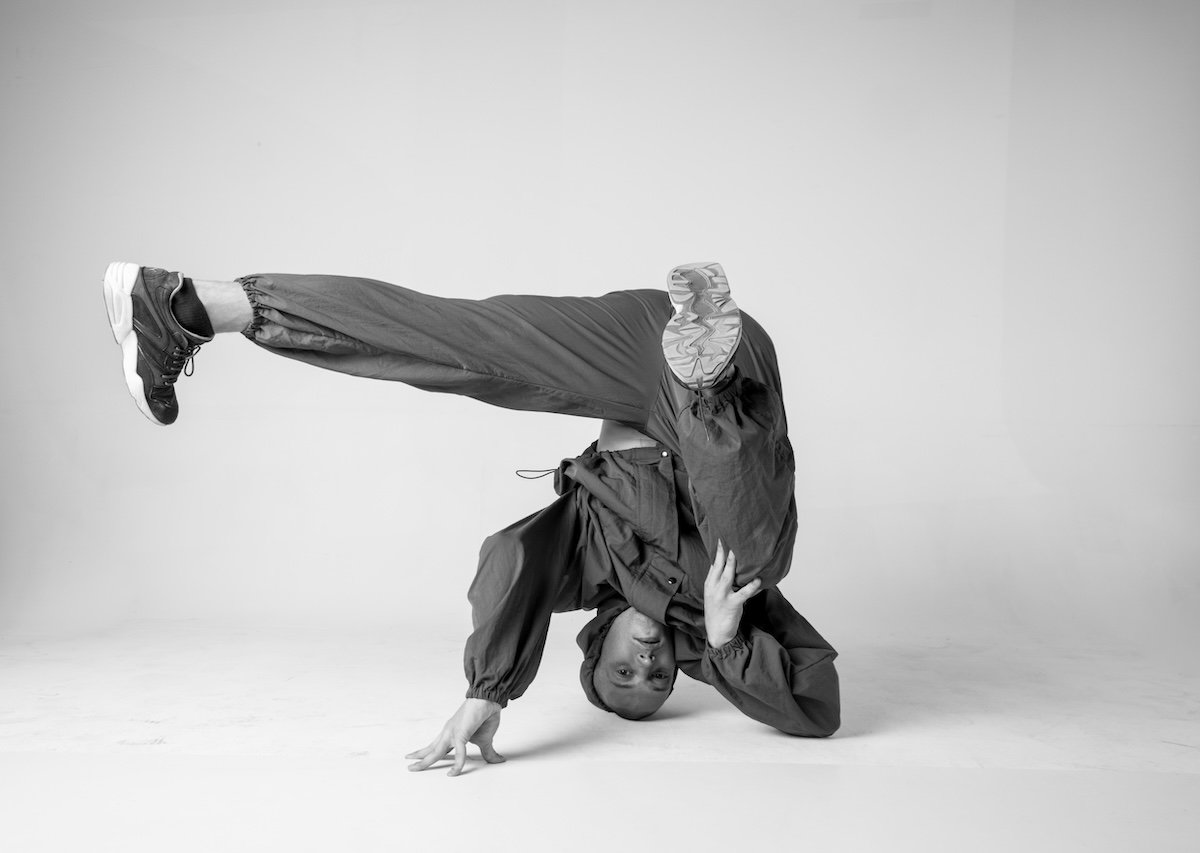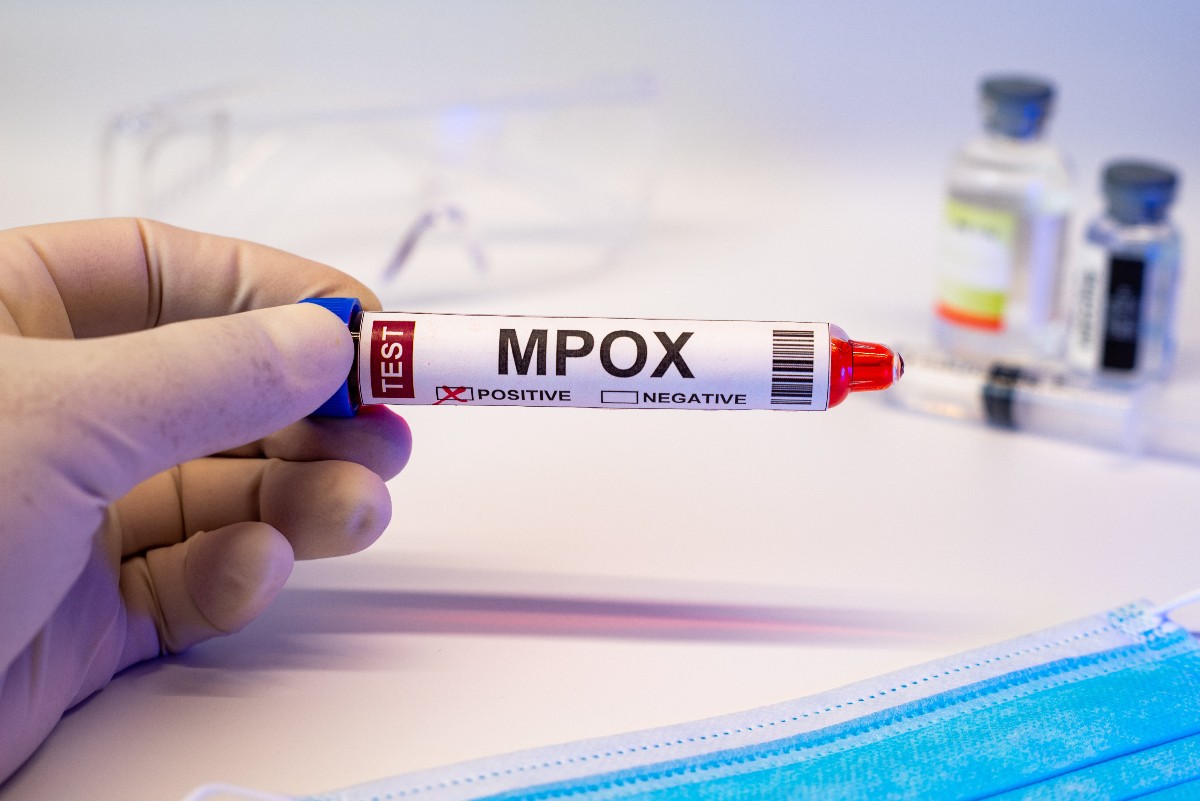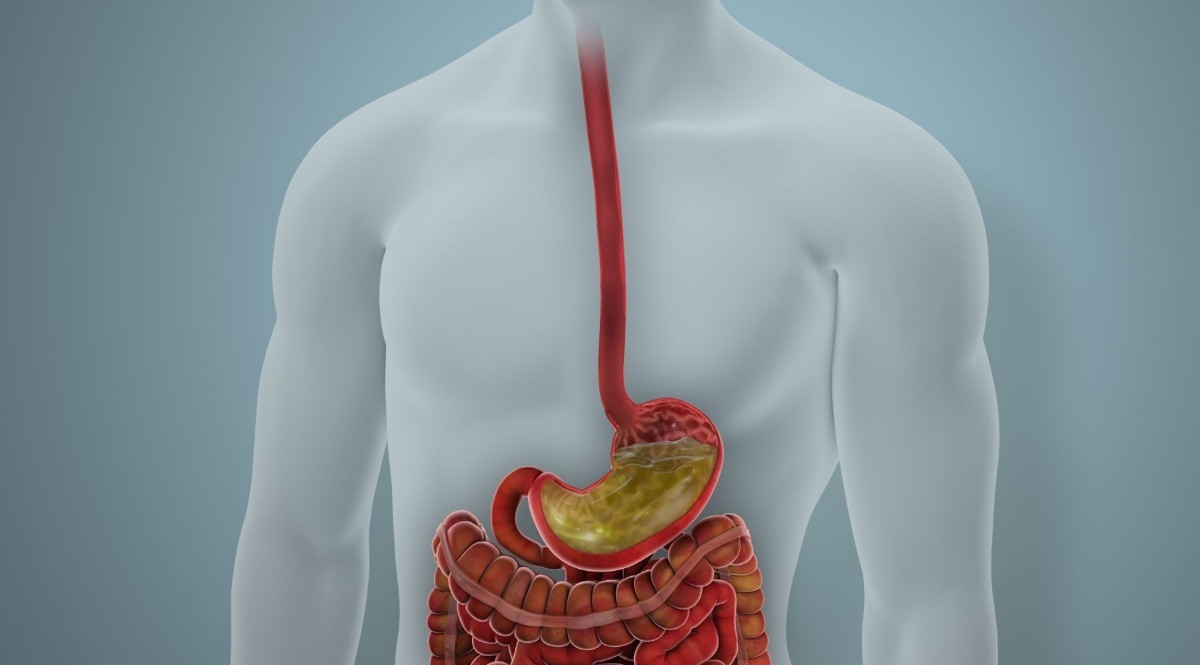
Results from a very small study suggest that a combination of the diabetes drug Ozempic and an innovative new intestinal procedure could help erase the need for insulin in folks with type 2 diabetes. The new trial hasn’t yet been published in a peer-reviewed journal and it included only 14 patients. However, Dutch researchers report… read on > read on >










